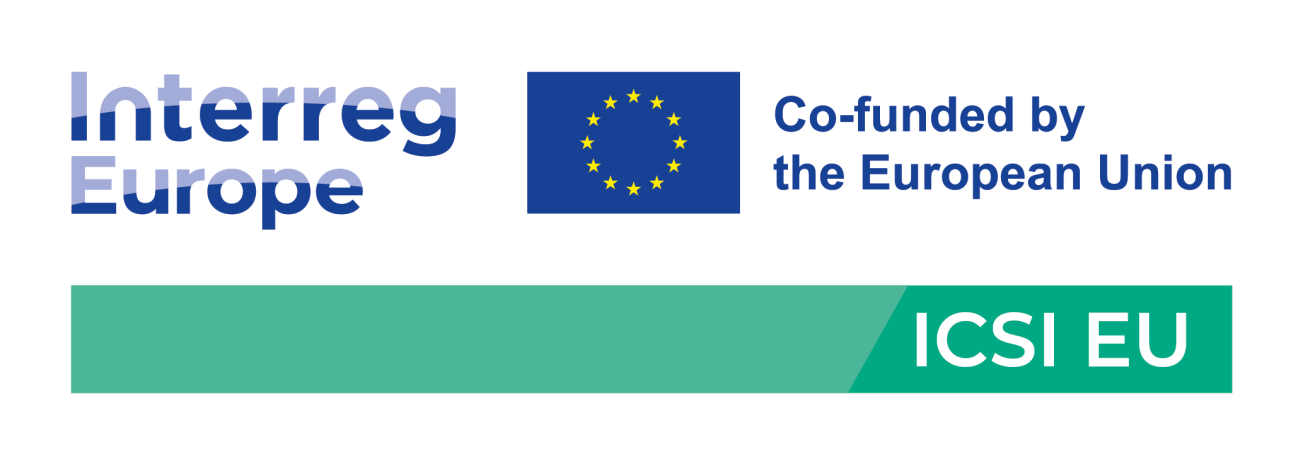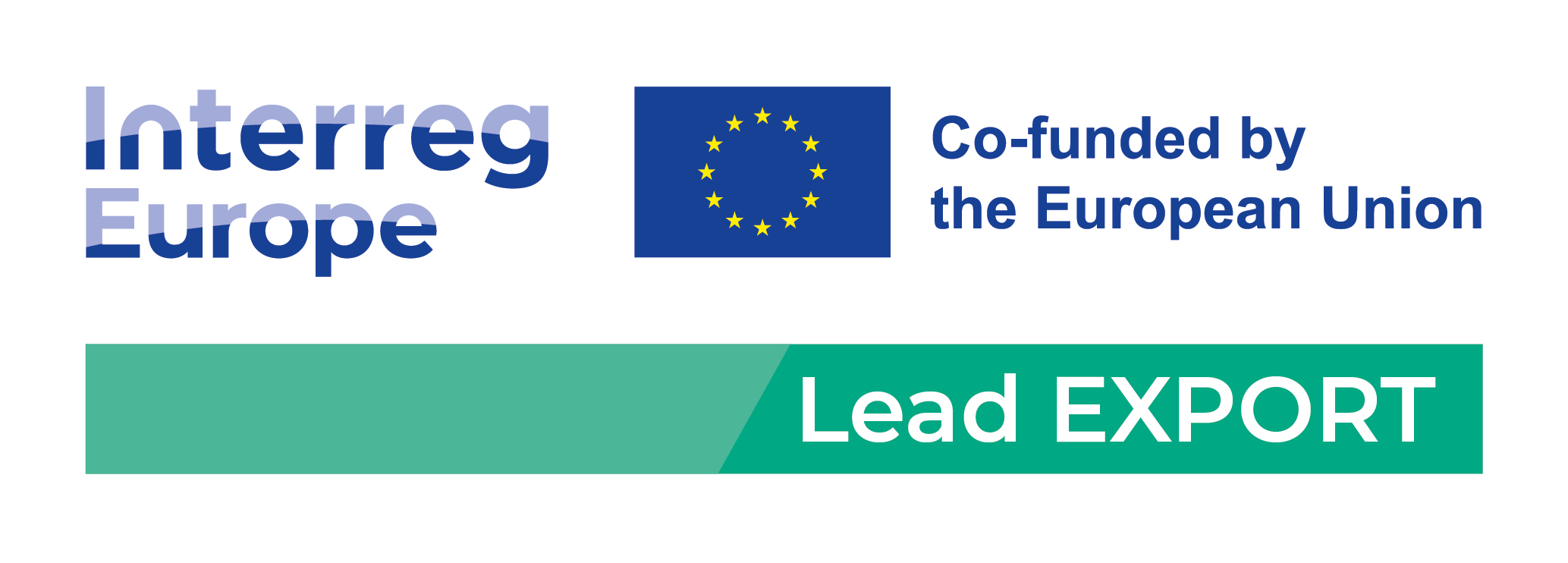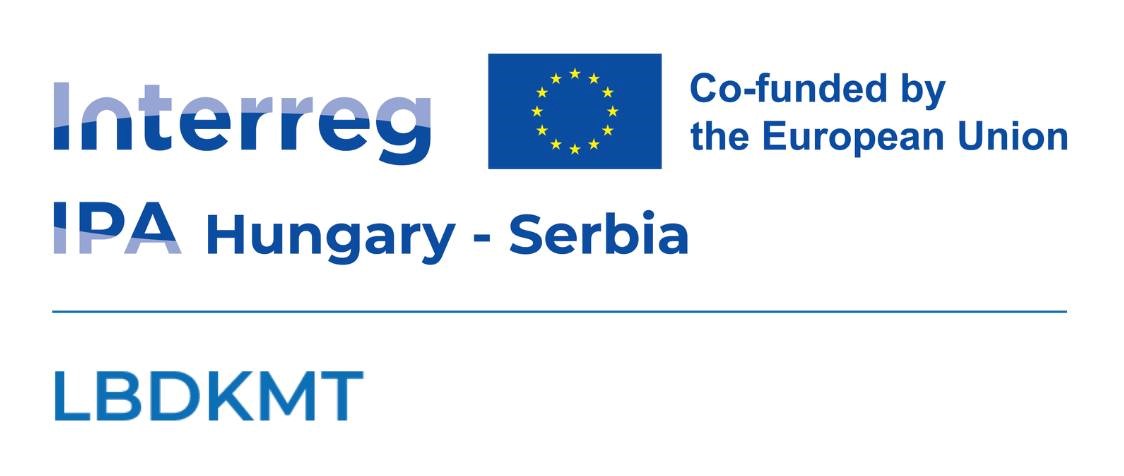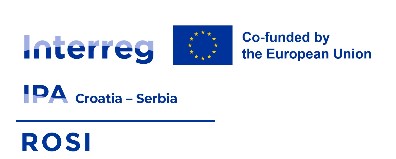|

Project Title
INTENSIFYING CROSS-SECTORAL INNOVATION WITHIN EUROPEAN UNION – INTENZIVIRANjE MEĐUSEKTORSKIH INOVACIJA UNUTAR EVROPSKE UNIJE
Acronym: I-CSI EU
The project is funded by the European Union under the Interreg Europe programme.
Value of the project
EUR 1.977.060,00
EU contribution
EUR 1.581.648,00
Secretariat budget
EUR 156.500,00
Project description
The I-CSI EU project focuses on how regional policymakers can re-orient innovation policies and tools, so that long-standing sector-based networks take up cross-sectoral innovation (CSI) and address local and regional societal challenges. For a 4-year period, partners jointly learn how regional innovation policy can evolve from a sectoral approach towards a comprehensive cross-sectoral framework. They visit and study current solutions/platforms (hubs, clusters etc.) to be inspired and jointly reflect on what will be the best scenario for each region to evolve to and actively encourage CSI. Although different in levels of experience and development, all (city-)regions face the same challenge: an untapped innovation potential due to the traditional way of working within smart specialisation sectors and in silos. The current sectoral approach does not encourage SMEs, knowledge institutions, innovation hubs, clusters and business support organisations to co-design and influence innovative product development that effectively responds to the diverse societal challenges. I-CSI EU’s 8 (city-)regions are united in their solution: creating an environment that builds on regional specificities and furthers CSI through dialogue-enabling fora, dedicated resources for facilitation and effective monitoring. Supported by an advisory partner (TUA West, an agency of the Province West Flanders), the partners will use strategic foresight methodology to co-design preferred future CSI-fostering ecosystems in cooperation with stakeholders. To this end, partner regions provide already existing expertise and tried out practices that foster CSI.
Project objective
The overall objective is to improve the implementation of innovation policies, so that local and regional actors as well as regional innovation hubs and industrial clusters can deliver the necessary cross-sectoral solutions and innovations towards societal challenges. In turn, this will lead to enhanced innovation performance and regional diversifi cation and generate economic growth, as new, export products or services are developed.
More information about the project:
https://www.interregeurope.eu/icsi-eu

Project Title
NEW APPROACH TO UNLEASHING EXPORT CAPABILITIES IN A LOCAL ECONOMY AMIDST UNCERTAIN CONDITIONS – NOVI PRISTUP OSLOBAĐANJU IZVOZNIH SPOSOBNOSTI LOKALNE EKONOMIJE U NEIZVESNIM USLOVIMA
Acronym: LEAD EXPORT
The project is funded by the European Union under the Interreg Europe programme.
Value of the project
EUR 2,009,084.00
EU contribution
EUR 1,607,267.20
Secretariat budget
EUR 117,300.00
Project description
The LEAD EXPORT project focuses on enhancing the competitiveness of small and medium-sized enterprises by improving exports and developing export-related skills of local companies.
The main goal is to increase the sales of their products and services on international markets, which is a key factor for regional economic development.
Export is a significant issue for European regions for various economic and strategic reasons.
According to Eurostat data, the export of goods and services constitutes a large portion of the GDP of many EU member states.
The EU aims to harmonize development levels across its member states, thus fostering economic balance.
The European Union has one of the world’s largest networks of trade agreements, which significantly contribute to regional economies by reducing trade barriers and opening new markets.
Through this project, a contribution will be made to the EU Cohesion Policy by reducing development disparities between regions and promoting economic convergence.
By implementing the project, the areas in which specific regions already specialize will be further strengthened.
Project objective
The project aims to improve policy instruments related to increasing the number of local companies and enhancing export support mechanisms in the regions of Denmark, Italy, Greece, Poland, Hungary, Croatia, Ukraine, and Serbia.
More information about the project:
https://www.interregeurope.eu/lead-export

Project title
Roman Legacy
Project’s objectives
The joint project is focused on the presentation and promotion of the Roman Danube Limes as part of the shared European cultural heritage. Following a unified concept along its entire course, the project brings to life the story of the people who lived in the Danube region more than 2,000 years ago.
The current initiative aims to establish a Cultural Route within a broader Thematic Region, which, if needed, can be extended or deepened to include the wider hinterland that played a significant role in the Roman legacy. Particular emphasis will be placed on the joint interpretation and presentation of this heritage across the entire Danube region, along with the development of a common branding strategy to strengthen the coherence and visibility of this shared legacy.
The overarching goal of the project is to create a Cultural Route along the Danube within a larger thematic framework and to submit it for certification in order to become part of the Cultural Routes of the Council of Europe.
Value of the project
2.948.845,94 euros out of which the contribution of Interreg Danube Region funds is 2.359.076,73 euro.
Link to the official project website: www.interreg-danube.eu/projects/roman-legacy

Project title
LBDKMT – Light Borders in DKMT
Project partners
DKMT Duna-Körös-Maros-Tisza Eurorégiós Fejlesztési Ügynökség Nonprofit
Közhasznú Kft. (Republic of Hungary) – Lead partner
Provincial Secretariat for Regional Development, Interregional Cooperation and Local Self-Government (Republic of Serbia)
Total project value
EUR 230,970.60
Project Duration
18 months (05/04/2024 – 04/10/2025)
EU contribution:
85% (196,325.01 EUR)
Project is financed by EU funding within the Programme 2021 – 2027 Interreg VI-A IPA Hungary-Serbia
Project objective
Project overall objective is to facilitate border crossing between two countries. The project entails the preparation of the Situation study about cross-border points between Hungary and Serbia and the Study on improvement possibilities of HU-SRB cross- border infrastructure. The Study on improvement possibilities, which will be based on workshops organised within the project, will provide structural and coherent overview of infrastructural needs of the cross-border region and will be submitted to the decision-makers of both countries. Furthermore, the project includes the procurement of technical devices (passport readers, desktop computers with monitors, printers) for border officers, which will additionally facilitate and accelerate the border crossing process. Information on the circumstances of border crossing will contribute to the development of cross-border points, while the cooperation between relevant stakeholders from Hungary and Serbia in the field of infrastructure can have long-term positive effects.

Project title
ROSI – Region of Social innovations
Project partners
Open University Subotica LLC (Republic of Serbia) – Lead partner
VURA – Vukovar Development Agency, a limited liability company for the promotion of development (Republic of Croatia)
Provincial Secretariat for Regional Development, Interregional Cooperation and Local Self-Government (Republic of Serbia)
Učilište Studium –Institution for adult education (Republic of Croatia)
Total project value
EUR 350,326.88
Project Duration
18 months (01/07/2024 – 31/12/2025)
EU contribution:
85% ( 297,777.84 EUR)
Project is financed by EU funding within the Programme 2021 – 2027 Interreg VI-A IPA Croatia Serbia
Project objective
Project overall objective is creation of environment and supporting system for the development of social innovations in the cross-border region. It will create systematic solutions for social innovations in cross-border region through creation of educational concept, development of “Living” Labs for social innovations, pools of actors supporting the social initiatives and online knowledge base tool for idea exchange and cooperation.
|